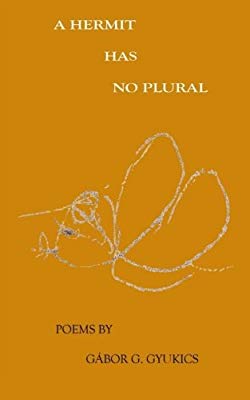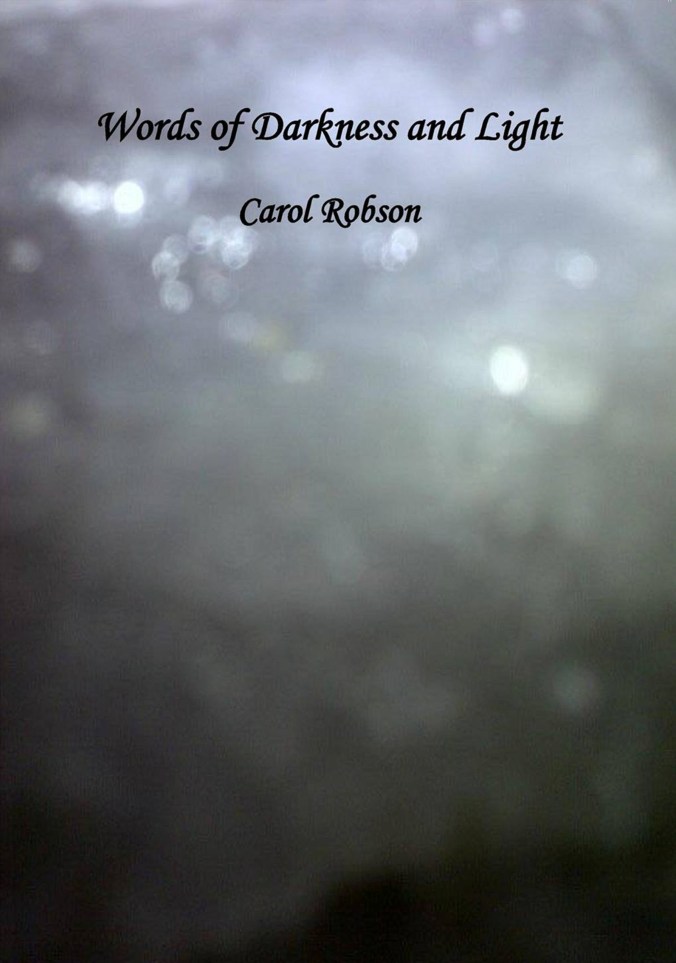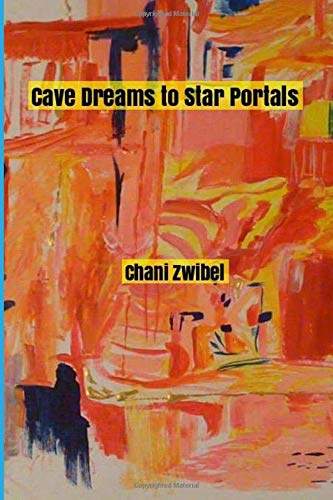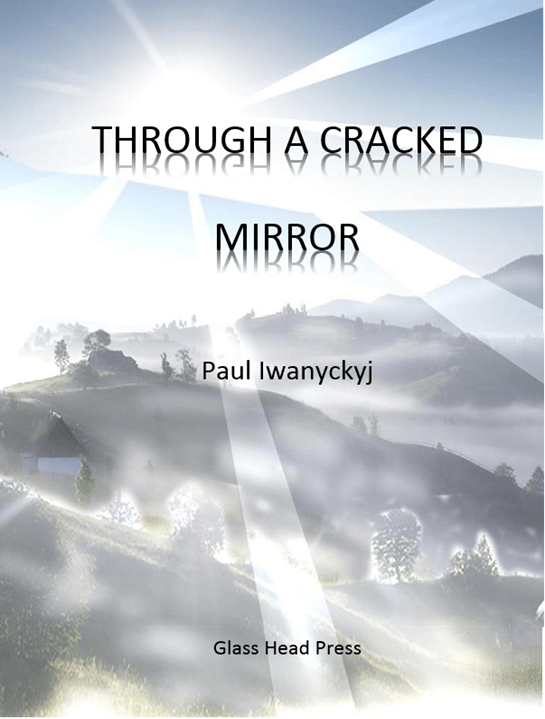Wombwell Rainbow Interviews
I am honoured and privileged that the following writers local, national and international have agreed to be interviewed by me. I gave the writers two options: an emailed list of questions or a more fluid interview via messenger.
The usual ground is covered about motivation, daily routines and work ethic, but some surprises too. Some of these poets you may know, others may be new to you. I hope you enjoy the experience as much as I do.
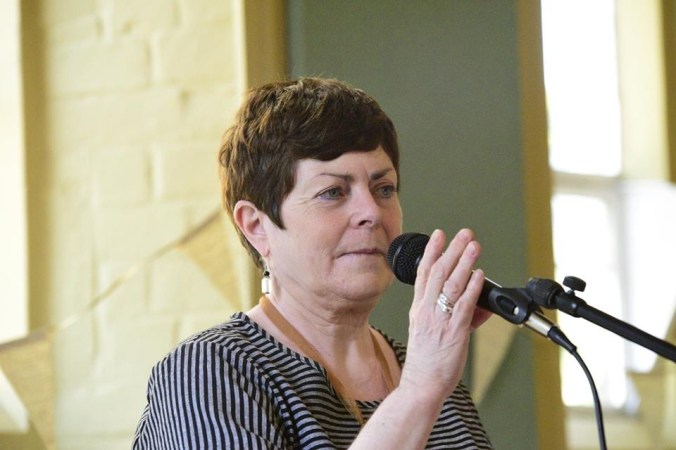
Pat Edwards in performance
Pat Edwards
My name is Pat Edwards and I’m a writer, teacher and performer from Mid Wales. I’ve been fortunate enough to get some work published in mags such as Prole, Magma, Ink Sweat & Tears, Atrium, Picaroon, The Curlew and others. I run the monthly poetry open mic nights VERBATIM in Welshpool and Montgomery. I also curate WELSHPOOL POETRY FESTIVAL. It’s been great fun responding to these questions and I hope my answers don’t sound too pretentious! Of course, very few people will have a clue who I am but that doesn’t matter. Hopefully my answers will chime with some of your readers. Thanks for inviting me.
The Interview
1. When did you start writing poetry?
The main impetus for me to start writing poetry was about four and a half years ago when I was diagnosed with bowel cancer. I became acutely aware of how little time I might have on the planet and found the process of writing a real therapy. I honestly thought that, once I was well, the urge to write would go away, but far from it. Writing has become a huge part of my life and I want more than ever to share my work with whoever will listen.
2. Who introduced you to poetry?
Like many people, I studied poetry at school and I do remember particularly enjoying poetry as part of my A level English course. However, my re-discovery of poetry was a more organic process that just emerged. I found an open mic night locally and then realised there were events going on all around me. I began attending readings and picking up poetry books and my interest spiralled out of control, until I was running my own nights and curating Welshpool Poetry Festival.
3. How aware were you of the dominating presence of older poets traditional and contemporary?
I can’t say this has been my experience. One of the nights I attend is Voicebox in Wrexham. It’s run and attended by young creatives, many of whom are under 30. It’s a vibrant, welcoming scene with spoken word, hip-hop and beat box. I love the energy of this group and the way anyone of any age or background can perform or be part of the audience. I wish other local towns could generate this kind of participation and ethos.
4. What is your daily writing routine?
I don’t have a daily writing routine other than to always have a notebook at hand in case a word or phrase, or the germ of an idea, starts to formulate. I write every week though, even if it’s just a snippet.
5. What motivates you to write?
I can write in response to a prompt at a workshop, when I hear something in the news, when an emotion is swimming in my head, when I recall autobiographical events. There’s no telling what will start me off. I think I need my writing to mean something to anyone who might get to read it or hear it, so it has to include things that are worth saying, something of substance. I don’t see the point of pretty, descriptive utterances that simply reflect back to you what your own senses can absorb. I want jeopardy and challenge; I want my writing to disturb the equilibrium a bit.
6. What is your work ethic?
My work ethic is that, if I want my writing to get noticed, I have to do everything I possibly can to improve my technique, my delivery and my craft. That means accepting advice and feedback and not being crushed by the knock-backs. Most writers have been doing this all their lives; I’m new to the party and am playing catch-up. However, I also have to be me and not let anyone flush out the spark that makes me an individual.
7. How do the writers you read when you were young influence you today?
If I’m honest, it’s not really those writers who currently influence me. I am very much about the more contemporary writers who I hear and read now.
8. Who of today’s writers do you admire the most and why?
This is the hardest question because I keep discovering writers from this country and the US who I have been introduced to at workshops or, as was the case most recently, on a wonderful Arvon course. I love the work of Helen Mort, Luke Kennard, Caroline Bird – where do I stop? Your question uses the word ‘admire’ and I think that implies there has to be something more than just an appreciation of their work. I admire the endeavour of poets who are setting out to change things or challenge the perceived conventions. I also love it when poets are generous and show real ‘evangelism’ to get poetry out there. I hope you won’t think I’m only name-checking Deborah Alma because she was generous enough to mention me in one of your interviews. She spends a great deal of her time supporting others or fighting causes such as with her #MeToo Anthology. This kind of approach can mean a writer’s own work gets neglected but it shows they love poetry and what it can bring to people’s lives. Such writers deserve admiration, don’t you think?
9. Why do you write?
I write because poetry has become the only real way I can express myself without relying on anyone else. I sing in a lovely choir but that’s a group enterprise and we all rely on one another for the sound we make. With poetry what you get is all me, some sort of condensed distillation of where I am and what I’m feeling.
10. What would you say to someone who asked you “How do you become a writer?”
I have no idea how you become a writer other than to commit to putting words down on paper or screen. You have to be brave enough to make the marks and edit them. It’s a leap of faith. You also have to listen and take criticism. If you mean becoming a professional writer, I think there’s a huge amount of luck involved and it’s incredibly hard to be good enough to actually make a living out of writing. Most writers I know juggle families, academic roles, have to supplement what they do with complimentary activities, in order to have the luxury of being able to spend time being creative. By the way, everyone should try writing; it’s only deadly if you bleed to death from a paper cut (I hope that’s not a thing…)
11. Tell me about the writing projects you have on at the moment.
I want more than anything to be good enough for a publisher to say “yes, I’ll take a punt on you and publish your work”. I don’t think self-publishing is properly satisfying. So I have several pamphlet proposals and enough poems to put together for a collection and I keep looking for submission windows. I also love reading my work to an audience. I am currently working around two themes in particular – anxiety and the female experience. There seems to be an obsession with mental health, sometimes rightly so, and there’s always something to say about what it is to be a woman, to ask what that even means. Of course, as someone who runs poetry events, I am constantly working on grant applications and invitations to poets. And I’m learning, always learning

